Thank you for downloading this Simon & Schuster eBook.
Join our mailing list and get updates on new releases, deals, bonus content and other great books from Simon & Schuster.
C LICK H ERE T O S IGN U P
or visit us online to sign up at
eBookNews.SimonandSchuster.com

Contents

For Rosa Victoria Arana and George Winston Arana, my loyal and lifelong accomplices.
You cant speak with calm about a person who never knew calm; of Bolvar you can only speak from mountaintops, or amid thunder and lightning, or with a fistful of freedom in one hand and the corpse of tyranny at your feet.
Jos Mart

CHAPTER 1

The Road to Bogot
We, who are as good as you, make you our lord and master.
We trust you to defend our rights and liberties.
And if not: No.
Coronation ceremony, Spain
T hey heard him before they saw him: the sound of hooves striking the earth, steady as a heartbeat, urgent as a revolution. When he emerged from the sun-dappled forest, they could barely make out the figure on the magnificent horse. He was small, thin. A black cape fluttered about his shoulders.
The rebels eyed him with unease. All four had been riding north, fully expecting to come upon a royalist fleeing in the other direction, away from the battle at Boyac. Three days before, the Spaniards had been surprised by a lightning strike of revolutionariesbarefoot, wild-eyedswarming down over the Andes. The Spanish were running now, scattering over the landscape like a herd of frightened deer.
Here comes one of those losing bastards, said the rebel general. Hermgenes Maza was a veteran of the wars of independence in Spanish America. He had been captured and tortured by royalists, had honed a hunger for revenge. He spurred his horse, rode forward. Halt! he cried out. Who goes there?
The rider pressed on at full gallop.
General Maza raised his lance and bellowed his warning one more time. But the stranger only advanced, ignoring him. When he got near enough to render his features sharp and unmistakable, he turned coolly to glare at the rebel general. Soy yo! the man shouted. Dont be a dumb sonofabitch.
The generals jaw went slack. He lowered his lance, let the horseman pass.
So it was that Simn Bolvar rode into Santa Fe de Bogot, the capital of the New Kingdom of Granada, on the sweltering afternoon of August 10, 1819. He had spent thirty-six days traversing the flooded plains of Venezuela; six days marching over the vertiginous snows of the Andes. By the time he reached the icy pass at thirteen thousand feet called the Pramo de Pisba, his men were barely alive, scarcely clothed, flogging themselves to revive their failing circulation. He had lost a third of them to frost or starvation, most of his weapons to rust, every last horse to hypothermia. Even so, as he and his scruffy troops staggered down the cliffs, stopping at villages along the way, he had rallied enough fresh recruits and supplies to win a resounding victory that in time would link his name to Napoleons and Hannibals. As news of his triumph spread, it quickened the rebels hopes and sent a cold prick of fear through the Spaniards.
The capital of the viceroyalty was the first to react. On hearing of Bolvars advance, agents of the crown abandoned their houses, possessions, businesses. Whole families took flight with little more than the clothes on their back. Maza and his companions could hear the deafening detonations as Spanish soldiers destroyed their own arsenals and hurried for the hills. Even the cruel and ill-tempered viceroy, Juan Jos de Smano, disguised as a lowly Indian in a poncho and grimy hat, fled the city in a panic. He knew that Bolvars retribution would be swift and severe. War to the Death! had been the Liberators battle cry; after one battle, he had called for the cold-blooded execution of eight hundred Spaniards. Smano understood that he, too, had been ruthless, ordering the torture and extermination of thousands in the name of the Spanish throne. Reprisals were sure to follow. The kings loyalists flowed out of Santa Fe, as Bogot was then called, flooding the roads that led south, emptying Santa Fe until its streets were eerily silent and the only residents left were on the side of independence. When Bolvar got word of it, he leapt on his horse, ordered his aides-de-camp to follow, and raced ahead, virtually alone, toward the viceroys palace.
Although Maza had fought under the Liberator years before, he hardly recognized the man passing before him now. He was gaunt, shirtless, his chest bare under the ragged blue jacket. Beneath the worn leather cap, his hair had grown long and grizzled. His skin was rough from wind, bronzed by the sun. His trousers, once a deep scarlet, had faded to a dull pink; his cape, which doubled as a bed, was stained by time and mud.
He was thirty-six years old, and, although the disease that would take his life already coiled in his veins, he seemed vibrant and strong, filled with a boundless energy. As he crossed into Santa Fe and made his way down the Calle Real, an old woman rushed toward him. God bless you, phantom! she called, sensingdespite his dishevelmenta singular greatness. House by house, others ventured out, at first tentatively, and then in a surging human mass that followed him all the way to the plaza. He dismounted in one agile movement and ran up the palace steps.
For all his physical slightnessfive foot six inches and a scant 130 poundsthere was an undeniable intensity to the man. His eyes were a piercing black, his gaze unsettling. His forehead was deeply lined, his cheekbones high, his teeth even and white, his smile surprising and radiant. Official portraits relay a less than imposing man: the meager chest, the impossibly thin legs, the hands as small and beautiful as a womans. But when Bolvar entered a room, his power was palpable. When he spoke, his voice was galvanizing. He had a magnetism that seemed to dwarf sturdier men.
He enjoyed good cuisine, but could endure days, even weeks, of punishing hunger. He spent backbreaking days on his horse: his stamina in the saddle was legendary. Even the llaneros, roughriders of the harsh Venezuelan plains, called him, with admiration, Iron Ass. Like those men, he preferred to spend nights in a hammock or wrapped in his cape on bare ground. But he was equally comfortable in a ballroom or at the opera. He was a superb dancer, a spirited conversationalist, a cultivated man of the world who had read widely and could quote Rousseau in French and Julius Caesar in Latin. A widower and sworn bachelor, he was also an insatiable womanizer.
By the time Bolvar mounted the stairs to the viceroys palace on that sultry August day, his name was already known around the world. In Washington, John Quincy Adams and James Monroe agonized over whether their fledgling nation, founded on principles of liberty and freedom, should support his struggle for independence. In London, hard-bitten veterans of Englands war against Napoleon signed on to fight for Bolvars cause. In Italy, the poet Lord Byron named his boat after Bolvar and dreamed of emigrating to Venezuela with his daughter. But there would be five more years of bloodshed before Spain was thrust from Latin American shores. At the end of that savage and chastening war, one man would be credited for single-handedly conceiving, organizing, and leading the liberation of six nations: a population one and a half times that of North America, a landmass the size of modern Europe. The odds against which he foughta formidable, established world power, vast areas of untracked wilderness, the splintered loyalties of many raceswould have proved daunting for the ablest of generals with strong armies at his command. But Bolvar had never been a soldier. He had no formal military training. Yet, with little more than will and a genius for leadership, he freed much of Spanish America and laid out his dream for a unified continent.
Next page
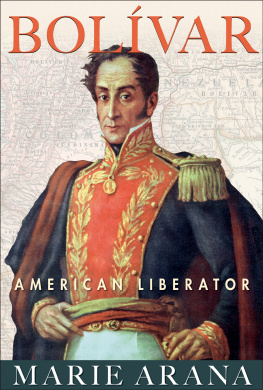
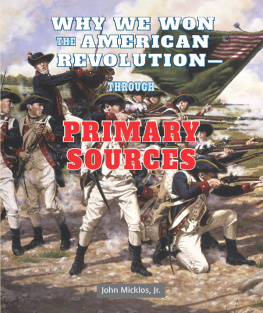
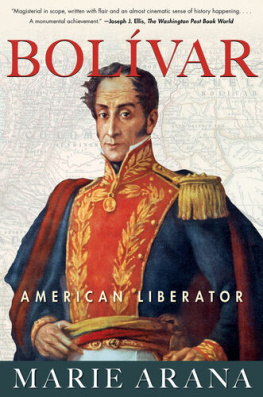
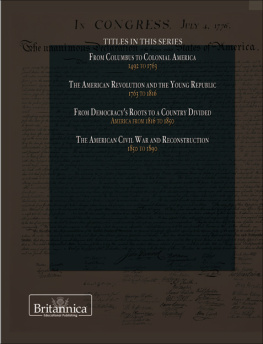
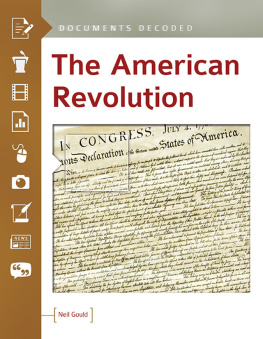
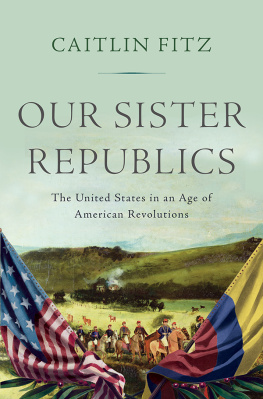


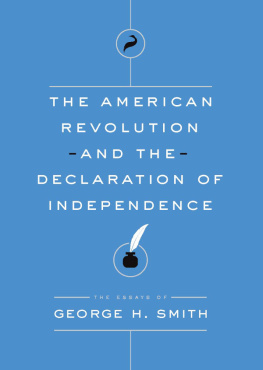
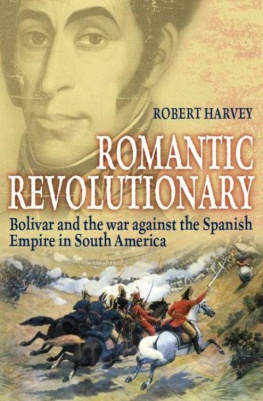
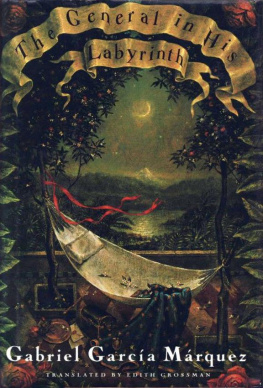

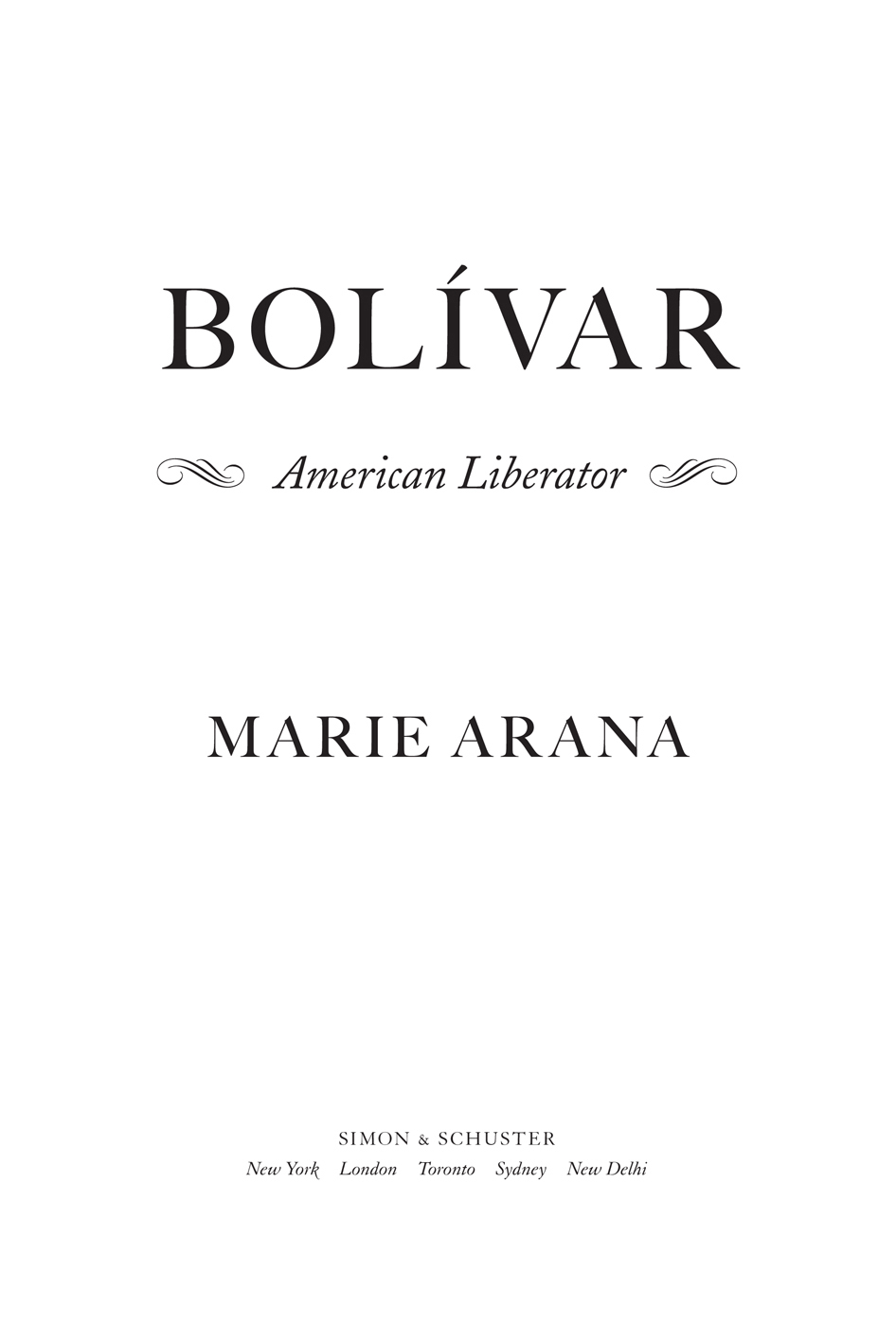
 Contents
Contents 

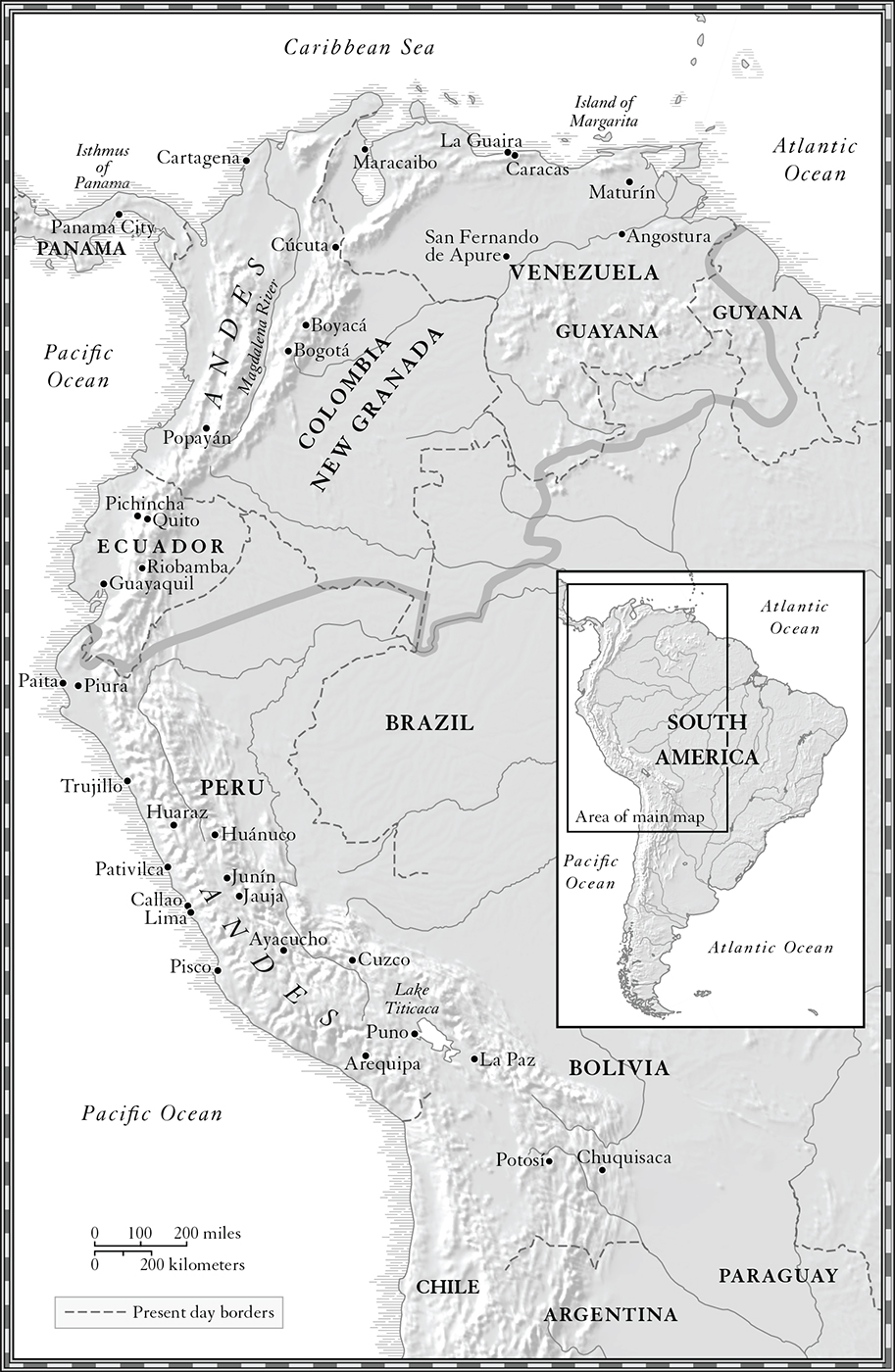
 CHAPTER 1
CHAPTER 1 